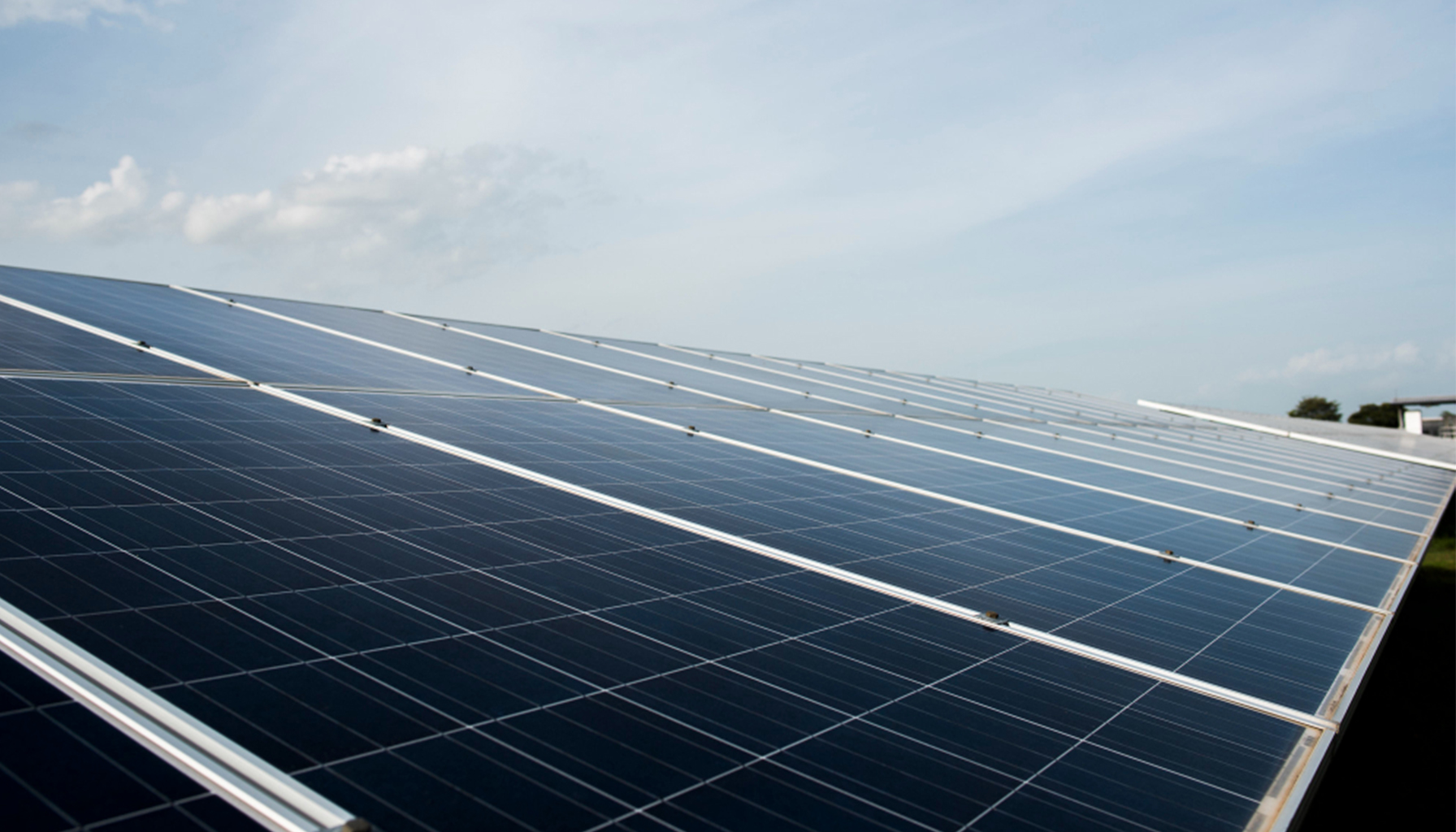On 24 June 2025, the Thai Cabinet approved in principle a comprehensive tax incentive framework to promote energy conservation and the adoption of renewable energy technologies. This framework consists of two key measures:
1. A personal income tax deduction of up to THB 200,000 for individuals who install solar rooftop systems in their residential properties.
2. A 1.5-times tax deduction for investments in high-efficiency machinery, equipment, and materials that meet certified energy-saving standards, and
With the rising cost of electricity and growing concern over national energy security, the Thai government—through the Ministry of Energy and the Department of Alternative Energy Development and Efficiency (DEDE)—has turned to fiscal incentives as a strategic tool to encourage households to adopt solar energy solutions.
This initiative forms a vital part of Thailand’s broader energy reform and sustainability strategy. It aims to expand the use of renewable energy, reduce the country’s reliance on imported fossil fuels, and alleviate long-term energy costs for consumers. Among the highlights is the targeted personal income tax relief for residents who install new on-grid solar rooftop systems, making renewable energy more accessible and cost-effective.
Legal Condition
1. Tax Incentives for Solar Rooftop Installation in Residential Homes
Eligible Participants:
- Individuals liable to pay personal income tax under Section 40(1) to 40(8) of the Thai Revenue Code
- Electricity users under Category 1 (Residential Use)
Key Conditions:
- Applicable to new installations only
- Must be an on-grid solar rooftop system
- Installation capacity must not exceed 10 kilowatt-peak (kWp) per household
- Tax deduction of up to THB 200,000 based on actual cost (including VAT)
- Eligibility begins after publication in the Royal Gazette
- Deduction may be claimed after grid connection is approved
- One person – one meter – one system policy applies
- Participants in the People’s Solar Project are also eligible
- Applicable for tax years 2025–2027
User Benefit
This measure offers several key advantages to individual taxpayers:
- Direct Tax Savings: Up to THB 200,000 in tax deductions over three years
- Lower Electricity Bills: Reduce household utility costs; potential to sell excess electricity to the grid
- Property Value Enhancement: Solar installations increase the resale and sustainability value of homes
- Environmental Impact: Reduce carbon footprint and contribute to Thailand’s green energy transition
- Broad Accessibility: Open to all eligible taxpayers, including participants in public solar programs
2. Tax Incentives for Investments in High-Efficiency Machinery
Eligible Participants:
- Individuals with income under Section 40(5)–(8) of the Thai Revenue Code
- Juristic persons (e.g., companies, partnerships)
Key Conditions:
- Deduct 1.5 times the actual cost of qualifying machinery, equipment, or materials
- Assets must be:
- Newly acquired and used in Thailand
- Installed and in use by 31 December 2028
- Certified by the Ministry of Energy (e.g., 5-star energy label or equivalent) - Must have complete e-Tax Invoice documentation
- Must not benefit from other tax incentives under existing investment promotion laws
The Cabinet has already approved in principle the tax incentive measures for promoting energy conservation and the use of renewable energy, as proposed by the Ministry of Energy. The Department of Alternative Energy Development and Efficiency (DEDE) has been assigned as the lead agency responsible for implementing and monitoring the effectiveness of these measures, in coordination with the Ministry of Finance and other relevant regulatory bodies. These measures aim to support Thailand’s national commitment to carbon neutrality by 2050 and net-zero greenhouse gas emissions by 2065, in line with the pledges made at COP26.
While the technical framework of the measures—including eligibility criteria, tax deduction limits, and documentation requirements—has been publicly disclosed, the legal enactment and effective implementation are still pending. Specifically, the formal announcement in the Royal Gazette is required before taxpayers may officially claim any benefits. Stakeholders are advised to closely monitor updates from the Ministry of Energy and the Revenue Department as the final legal instruments are expected to be published shortly.
[Contact Person: Mr. Numpol Thonguthaisri | Partner]

